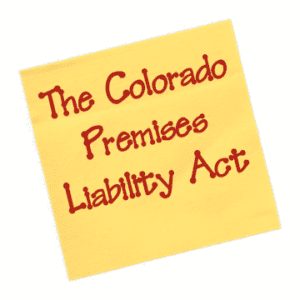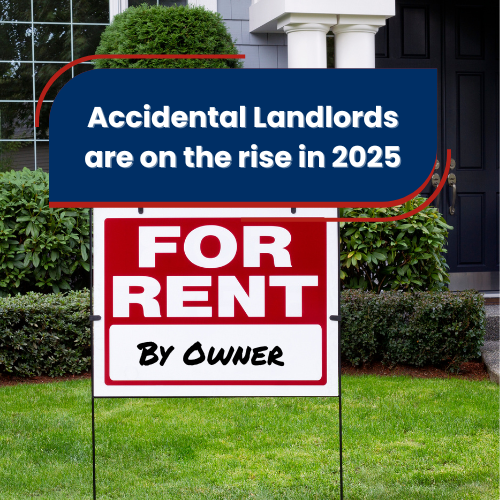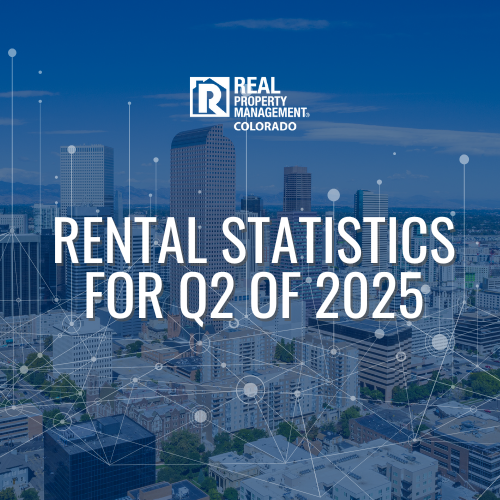 The past two parts of this blog series highlighted the bad news. So here’s the good news! The Premises Liability Act’s exclusive application eliminates negligence claims. If a resident is injured on your property, a resident can theoretically recover damages under a negligence legal theory if you owe them a duty of care. Whether or not you owe a resident a duty in a particular case is not an exact science. The judge decides as a matter of law whether you owe a resident a duty in a negligence case. Because the Premises Liability Act exclusively applies, the judge doesn’t get to decide. Under the PLA, the issue is whether you knew or should have known, using reasonable care, about the condition or situation that led to the resident’s injury. The PLA isn’t going to help you if you know about something and fail to act. However, applicability of the PLA can be a game-changer in a lot of typical situations arising on rental properties.
The past two parts of this blog series highlighted the bad news. So here’s the good news! The Premises Liability Act’s exclusive application eliminates negligence claims. If a resident is injured on your property, a resident can theoretically recover damages under a negligence legal theory if you owe them a duty of care. Whether or not you owe a resident a duty in a particular case is not an exact science. The judge decides as a matter of law whether you owe a resident a duty in a negligence case. Because the Premises Liability Act exclusively applies, the judge doesn’t get to decide. Under the PLA, the issue is whether you knew or should have known, using reasonable care, about the condition or situation that led to the resident’s injury. The PLA isn’t going to help you if you know about something and fail to act. However, applicability of the PLA can be a game-changer in a lot of typical situations arising on rental properties.
Take your typical busted pipe scenario. The pipe bursts, floods the residents unit, and the resident demands all sorts of damages. Under a negligence standard, the key issues would be duty and breach of duty. Again, the duty issue is a question of law for the court. Many judges would quickly conclude that you have a duty to maintain the premises. Your breach of the duty then almost becomes a self-fulfilling conclusion. The pipe burst so you must have failed to properly maintain it. Under the Premises Liability Act, the inquiry shifts to your knowledge about the pipe.
If you had no knowledge about the pipe and had no reason to know, the resident can’t prove that you knew or should have known about the pipe, let alone that you failed to reasonably protect against the danger of the pipe bursting. You can’t protect the resident against something you don’t know about, or had no reason to know about when you were diligently maintaining the property.
The PLA has broad applicability and implications for property owners and managers. Because you can’t contract around PLA liability, adequate insurance coverage is critical. The rental industry has been moving toward making resident renter’s insurance mandatory. PLA liability is another solid reason why every owner and property manager should consider making renter’s insurance mandatory for all residents. Property managers should be confident regarding a host of other insurance-related issues. Property managers need to be clear as to potential PLA coverage and exclusions. For example, many policies exclude mold, but mold-related lawsuits are a common Premises Liability Act claim. Finally, potential PLA liability should be addressed in all management contracts. Managers’ and owners’ rights and responsibilities in connection with PLA liability should be clearly addressed in the management contract.
Mark Tschetter, Partner
Tschetter, Hamrick, Sulzer





